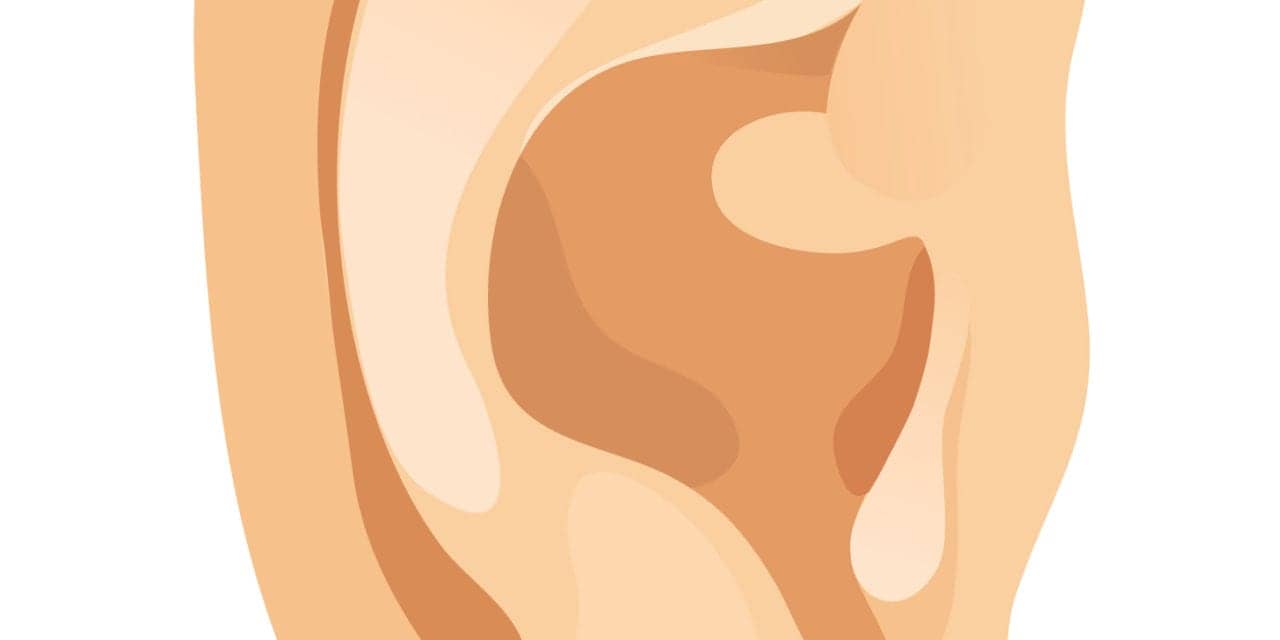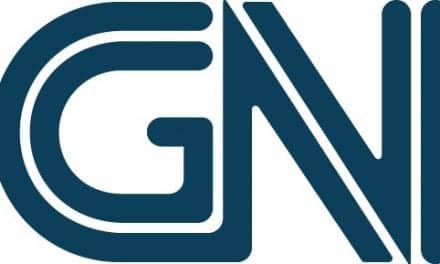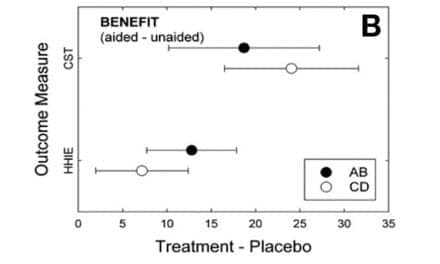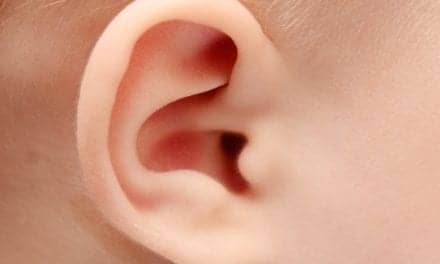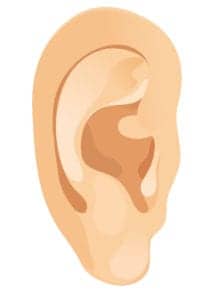
According to Ida Institute, IECD is looking for a simple, eye-catching, unique logo with international appeal that reflects its identity and will create greater visibility for the day. The winning design will be featured on relevant IECD materials beginning in 2016. The winner will also receive a trip to Geneva, Switzerland sponsored by the Oticon Foundation, which will include a visit to WHO headquarters in Geneva.
Anyone may submit original designs through the Ida Institute website. The deadline for submissions is January 31, 2015. Visitors to the site can submit their designs and cast votes for their favorite designs. A short list will be chosen from the submissions that receive the most votes. The winner will be decided by a panel that includes members of the Ida Institute, its nominees and members of WHO.
International Ear Care Day was established in 2007 following the First International Conference on Prevention and Rehabilitation of Hearing Impairment in Beijing. That conference was jointly held by China Rehabilitation Research Center for Deaf Children (CRRCDC), Beijing, China Disabled Persons’ Federation (CDPF), and WHO. A key product of the conference was the “Beijing Declaration,” which included establishing International Ear Care Day. The date was selected by the shape of the numbers 3.3, which together resemble two ears.
Every year, International Ear Care Day addresses a specific theme and carries out a range of activities with broad participation in order to raise awareness of hearing care and the prevention of hearing loss. The day is observed by various organizations such as Sound Hearing 2030, CBM, Hearing Conservation Council, and many others. Since 2012, WHO has supported activities for this day through a media campaign involving the WHO website, Facebook and Twitter.
Source: Ida Institute
Image credit: © S-dmit | Dreamstime.com

